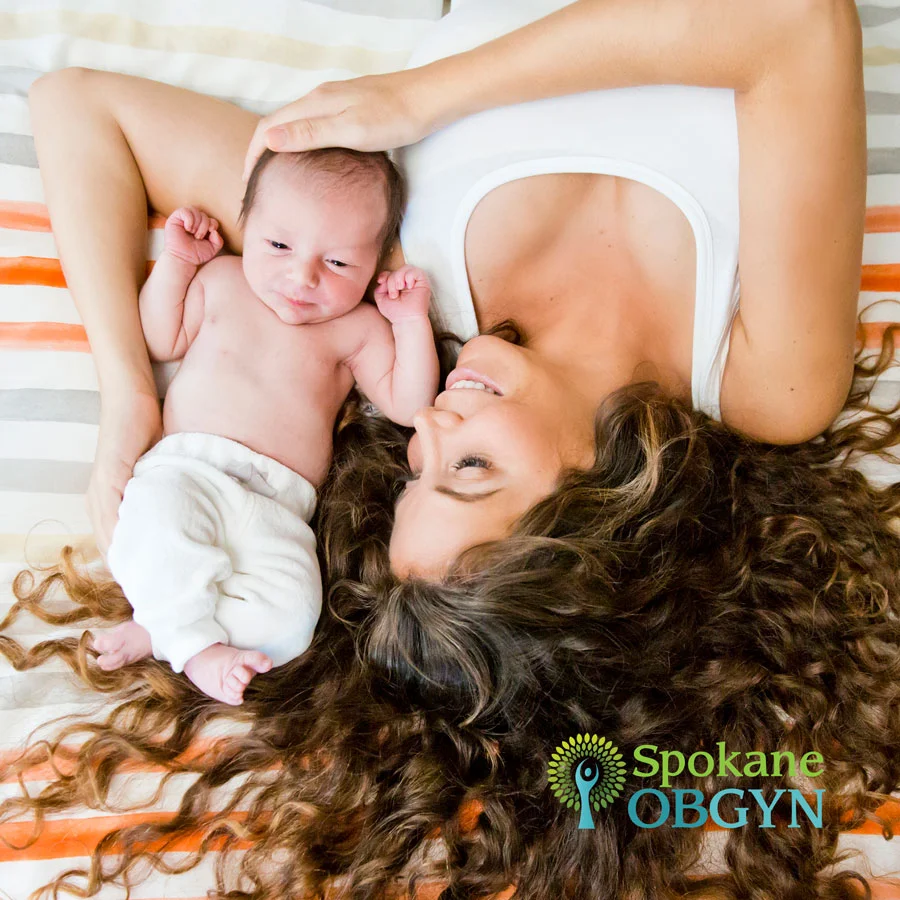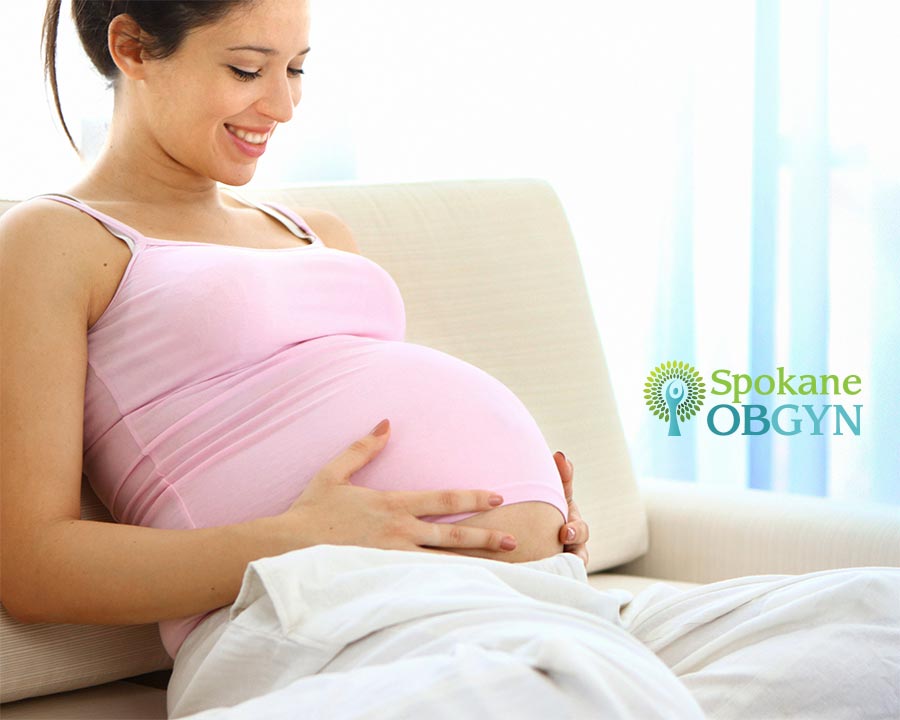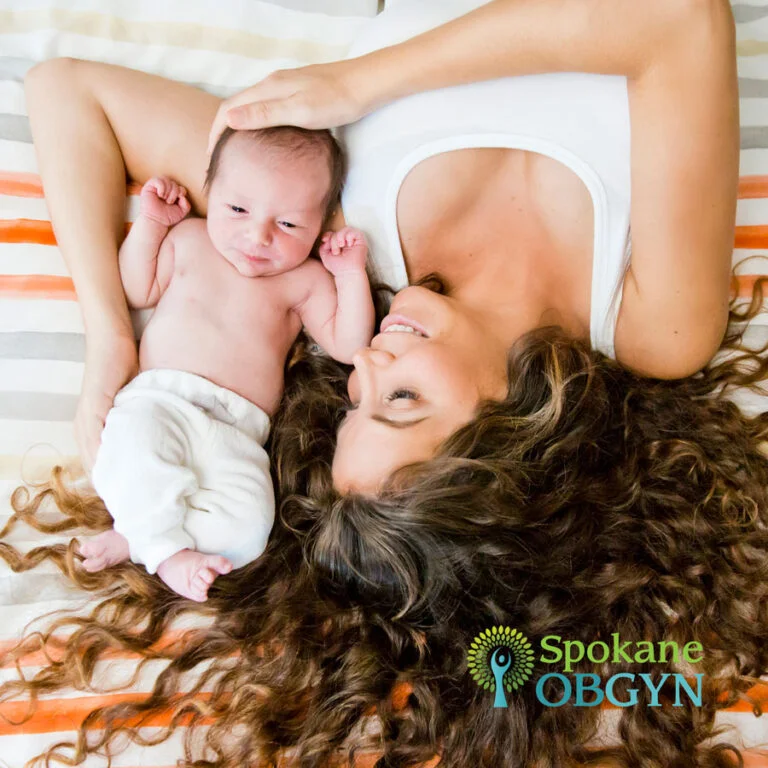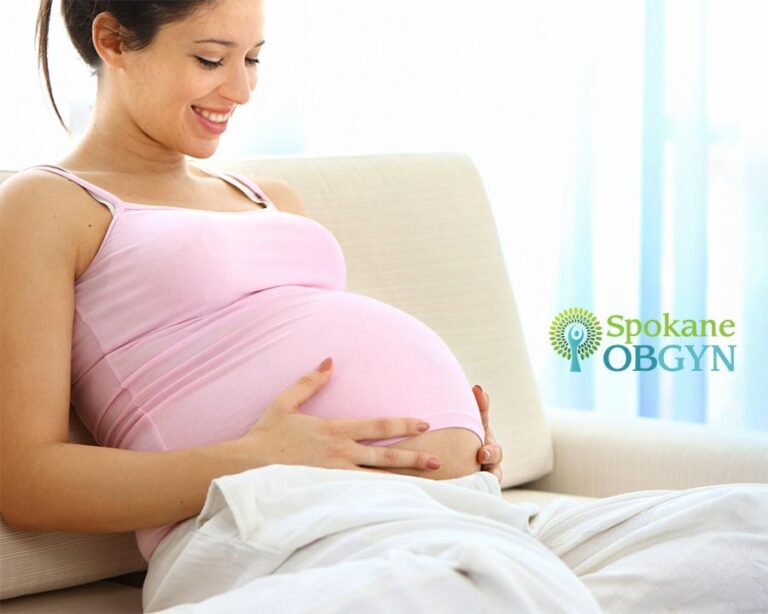Is there a natural way to treat a vaginal infection?

By Amery Baker, PA-C The best answer to this question is: not really. Natural remedies for treatment of vaginal infection have theoretic science behind them and limited evidence supporting use. When compared to available medications (including over the counter treatments) for vaginal infections, however, they do not help enough for doctor recommendation. Some remedies are […]
Once a C-section, Always a C-section?

By Mark Schemmel, M.D. Patients often ask if having had a cesarean once means that they will always require a cesarean. The fact is that most women who have had a single prior cesarean are candidates for what we call TOLAC, or a trial of labor after cesarean. Many of these women have a high […]
Dietary Supplements During Pregnancy

By Dr. Jason Reuter It is important to maintain healthy nutrition during pregnancy. Taking the time to meal plan and shop for healthy food is essential. In addition to obtaining nutrition from food, some women turn to nutritional supplements to maintain good health during pregnancy. Nutritional supplements are intended to aid in acquiring nutrients lacking […]





